Siphonophores challenge us to think about what we mean when we call something an individual, a concept that we usually think of as being quite straightforward. Is a single zooid or an entire colony the siphonophore “individual”? The answer is that you have to specify what features you are interested in before you can expect a meaningful answer. Do you mean ecologically? The entire colony functions as a single organism whether it is predator or prey. So the colony is an ecological individual. (Dunn, 2005)
Adam Curtis on the dangers of self-expression
“We live in a world where we see ourselves as independent individuals. If you’re an independent individual, you don’t really think in terms of power. You think only in terms of your own influence on the world.”- Adam Curtis. Are we aware? If we are aware, do we even care enough to do anything about it? Things happen and get done best in groups, but if we are hyper-individuals now, then does it even matter if we care? Are we going to do anything about even if we do? Could probably just click like and share and hope that someone else does. It’s all a gestural notion, and it always is from now on. We do not actually achieve anything but it gives us that great sense of wellbeing, probably boosts our ego too whilst we share the fact that we give a shit about a crisis, because god forbid we help without announcing it on social media. Using the film HyperNormalisation, directed by Adam Curtis as a base to explore our current reality, it is necessary to turn back to Soviet Russia. At the end of communism, everyone knew their ‘reality’ being portrayed by the politicians and media was a façade. The public knew that the economic system wasn’t working and politicians had no control. The politicians knew that society knew they were at a loss, but because no alternative reality was provided, it became normal, the mutated reality was accepted because there was no way to imagine a new ‘normal’ (Yurchak, 2006).
Alexei Yurchak created the term Hypernormalisation to describe this state of society. Currently we in the West share a deep distrust with politicians and how our world is politically constructed. We know banks are not all they seem to be, the wealth gap is increasingly growing and that social media isn’t a true portrayal, but we seem to accept it as we cannot think of an alternative or how to change it all. Who would we turn to, to change it if those in power are not really in control? We know we want change but it never happens, even if we attempt to do something about an issue, it usually doesn’t work due to this lack of alternative vision. Curtis suggests that the Western world has reached a state of mass delusion, similar to the past Soviet culture. (HyperNormalisation, 2016). |
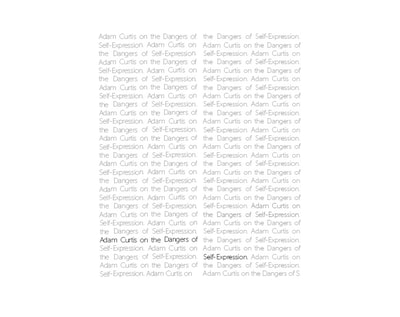
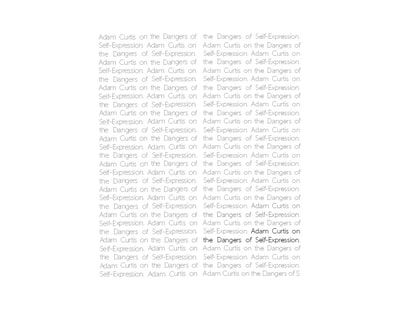

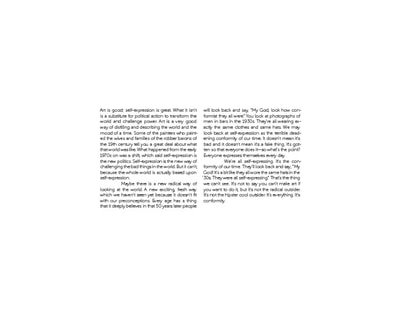

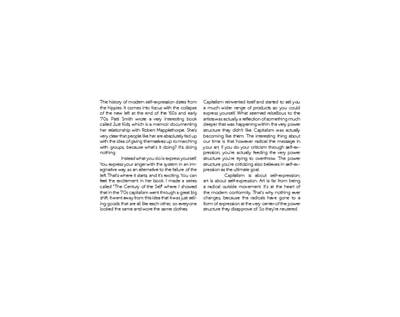

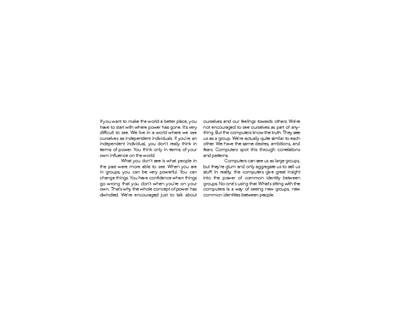

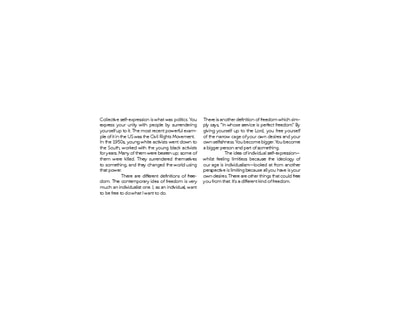

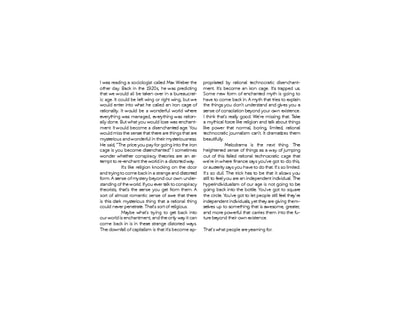


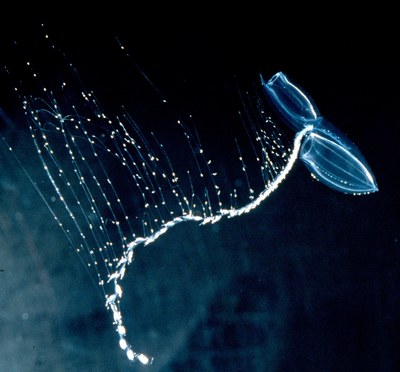

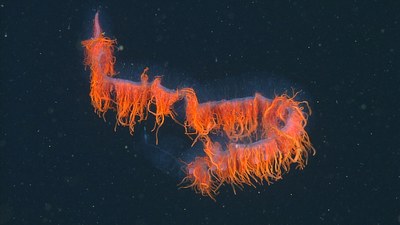
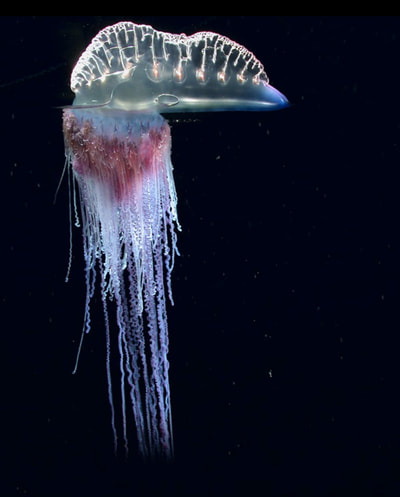
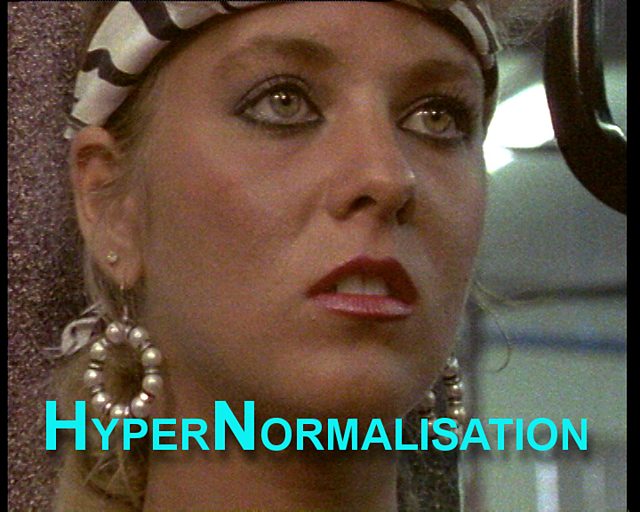



 RSS Feed
RSS Feed